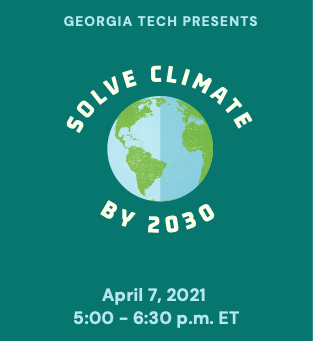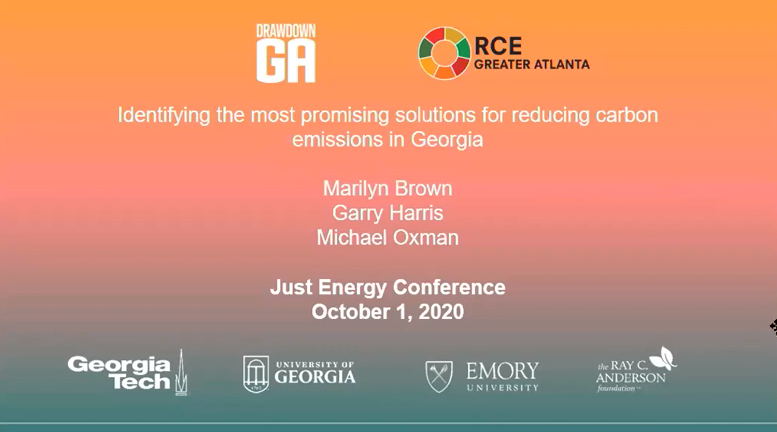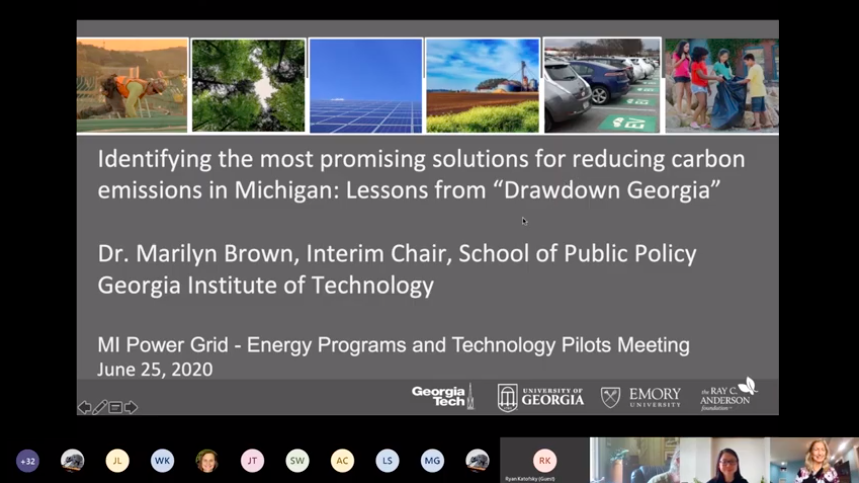Green Building Pilot
When a building like Georgia Tech’s Kendeda Building for Innovative Sustainable Design goes up, it turns out that it really does have a measurable impact on the pace of green building adoption in the community, according to first-of-its-kind research conducted in the School of Public Policy and School of Economics.

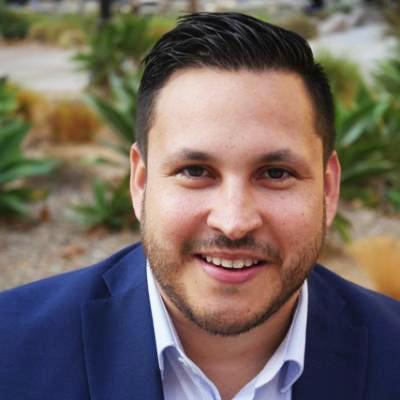
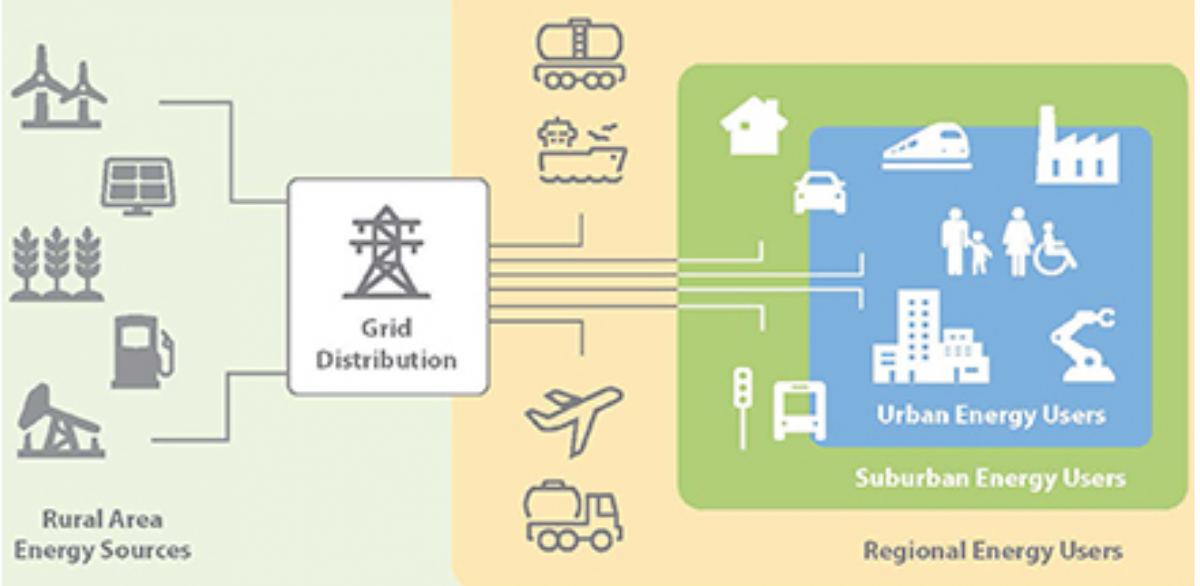 A new paper by NREL, Georgia Tech, and others places cities on the front line of efforts to electrify transportation and integrate EVs with buildings connected to a clean grid. Cities are driving changes principally via wealthier populations often supported by programs financed by raising the electric rates of all customers, resulting in concerns for an equitable transition. Read more here:
A new paper by NREL, Georgia Tech, and others places cities on the front line of efforts to electrify transportation and integrate EVs with buildings connected to a clean grid. Cities are driving changes principally via wealthier populations often supported by programs financed by raising the electric rates of all customers, resulting in concerns for an equitable transition. Read more here: 
